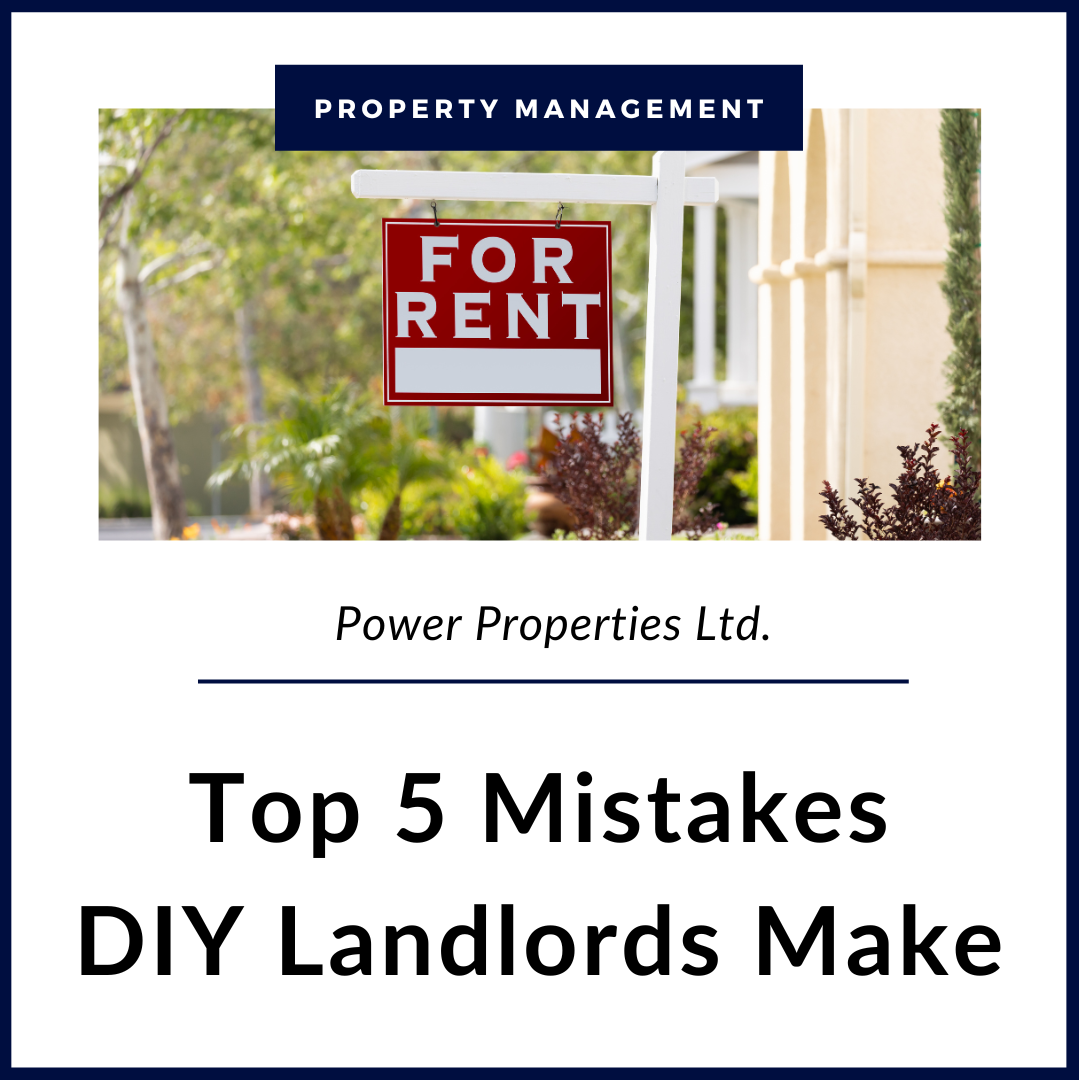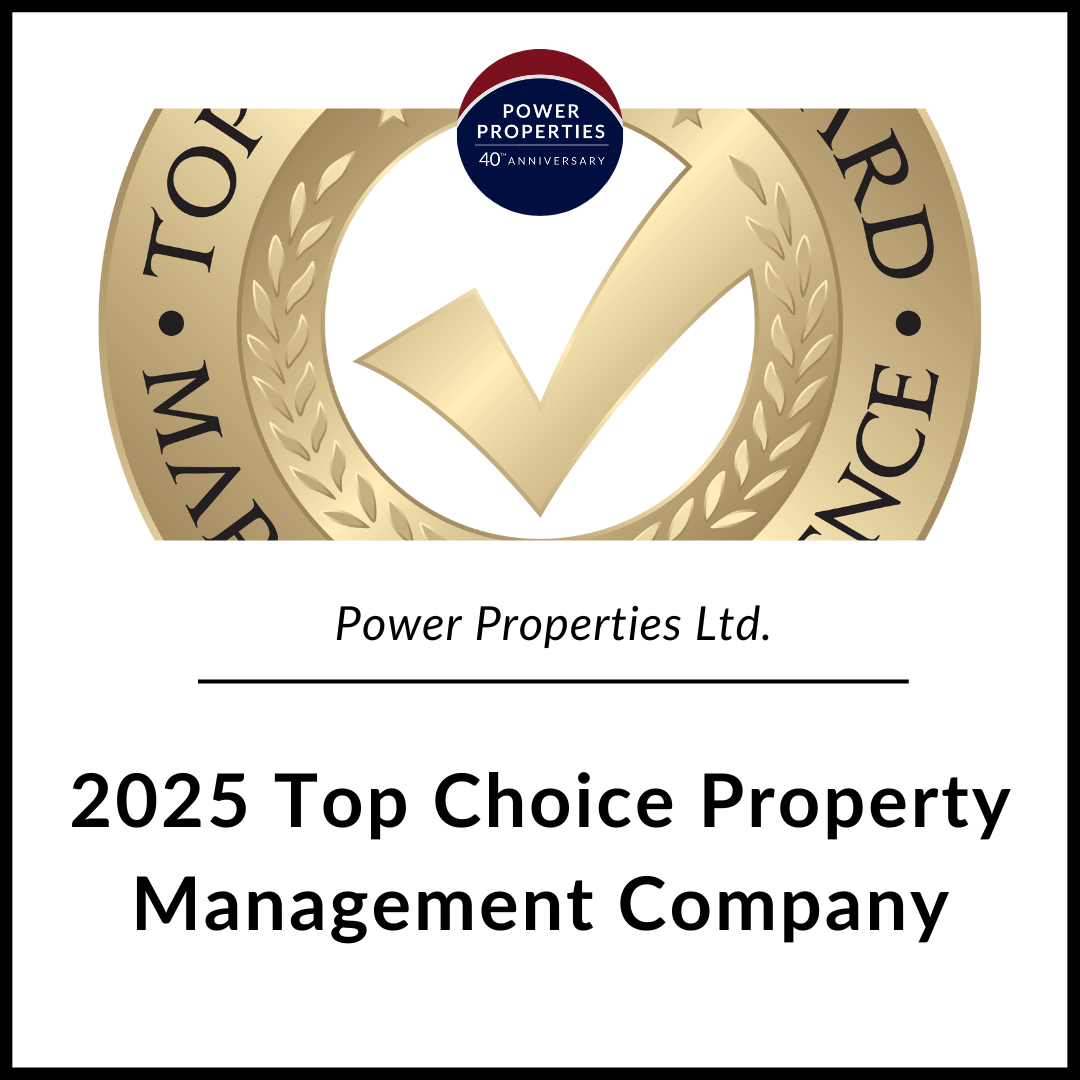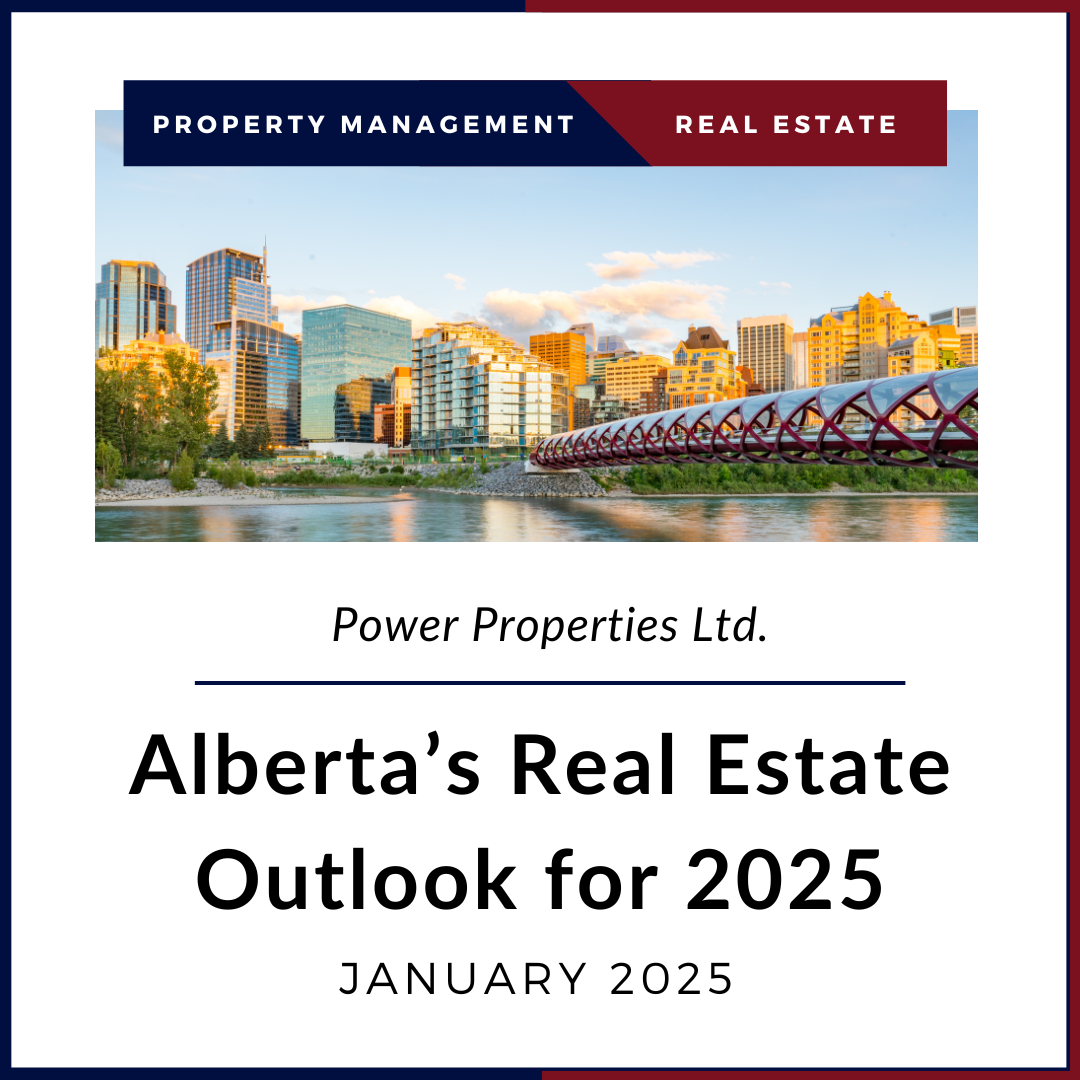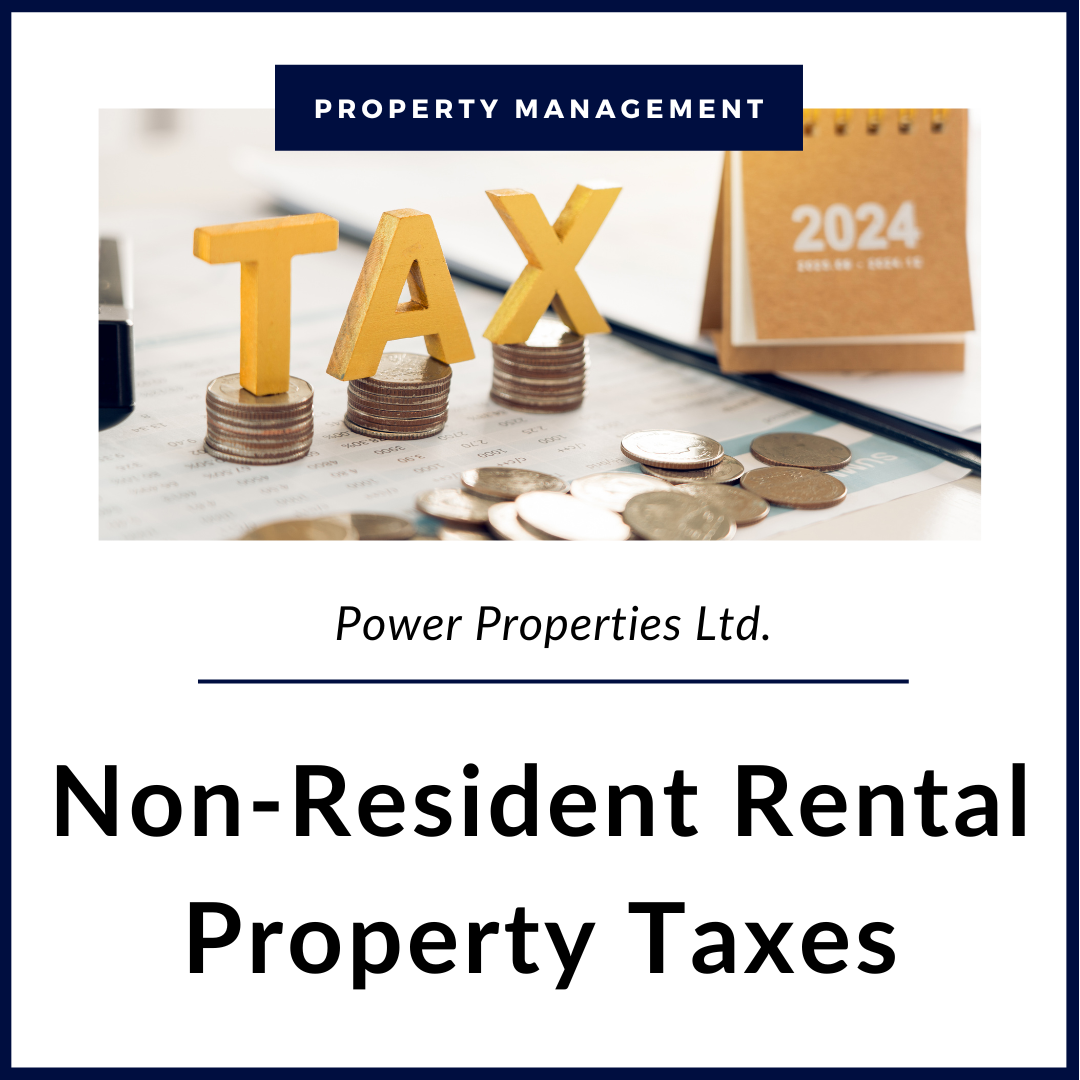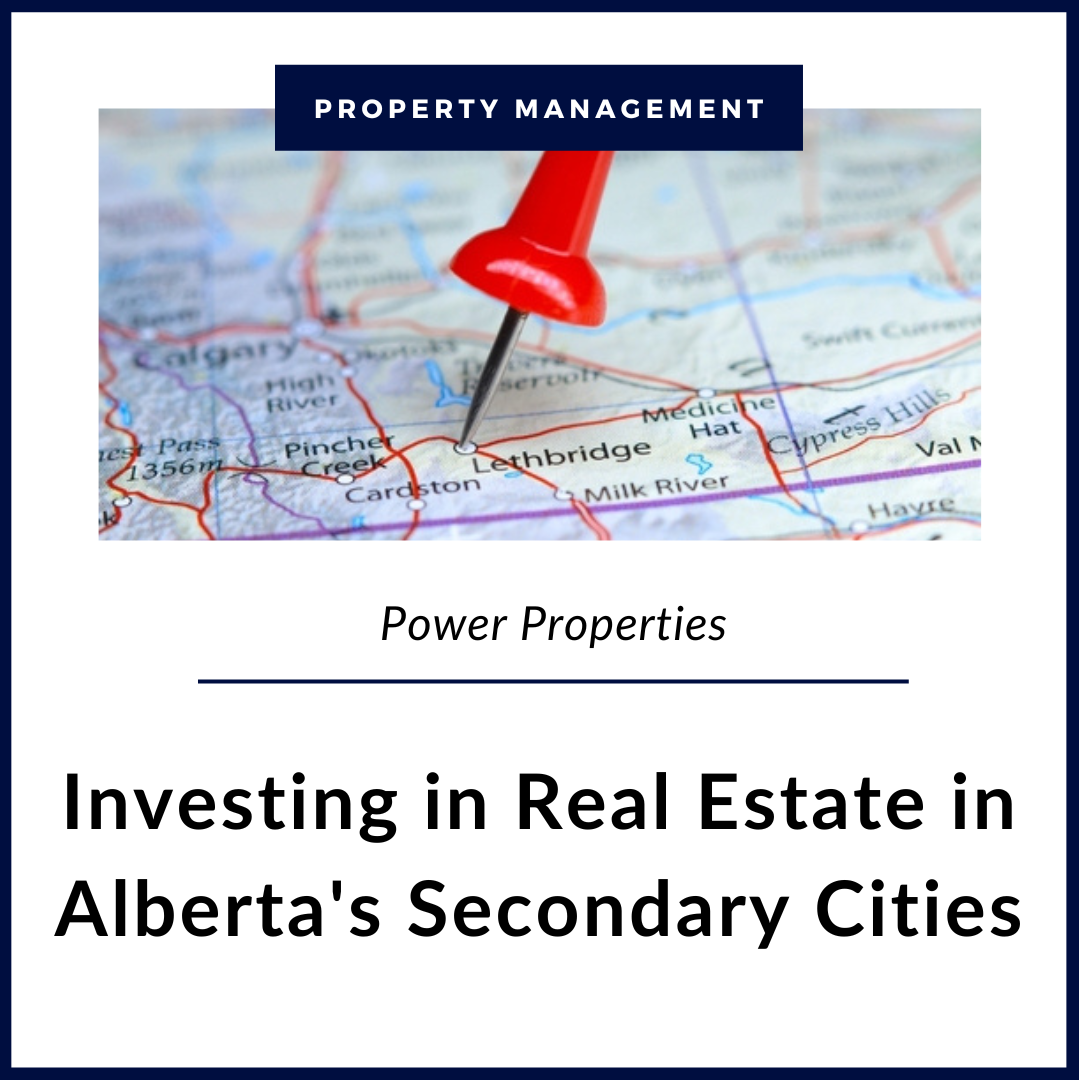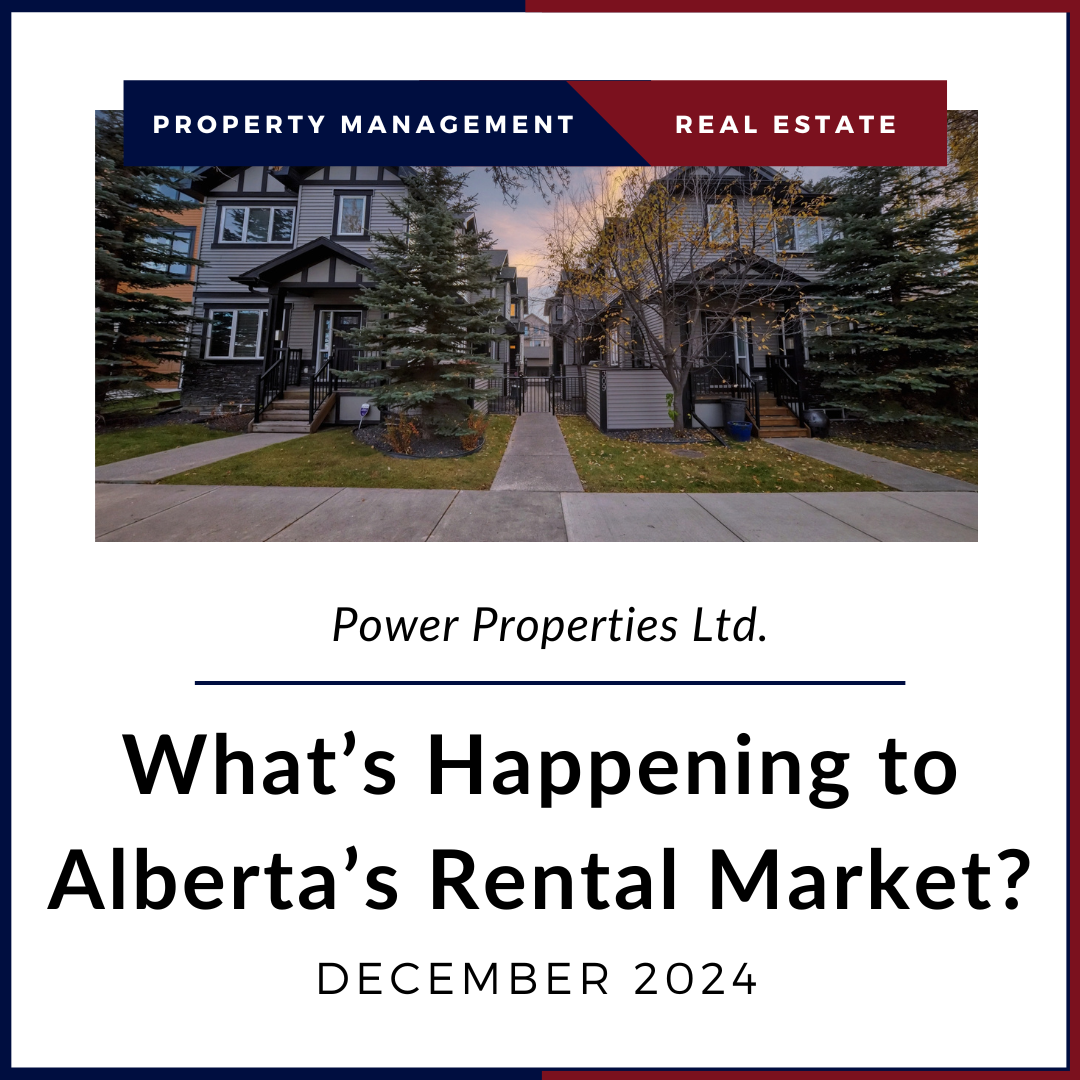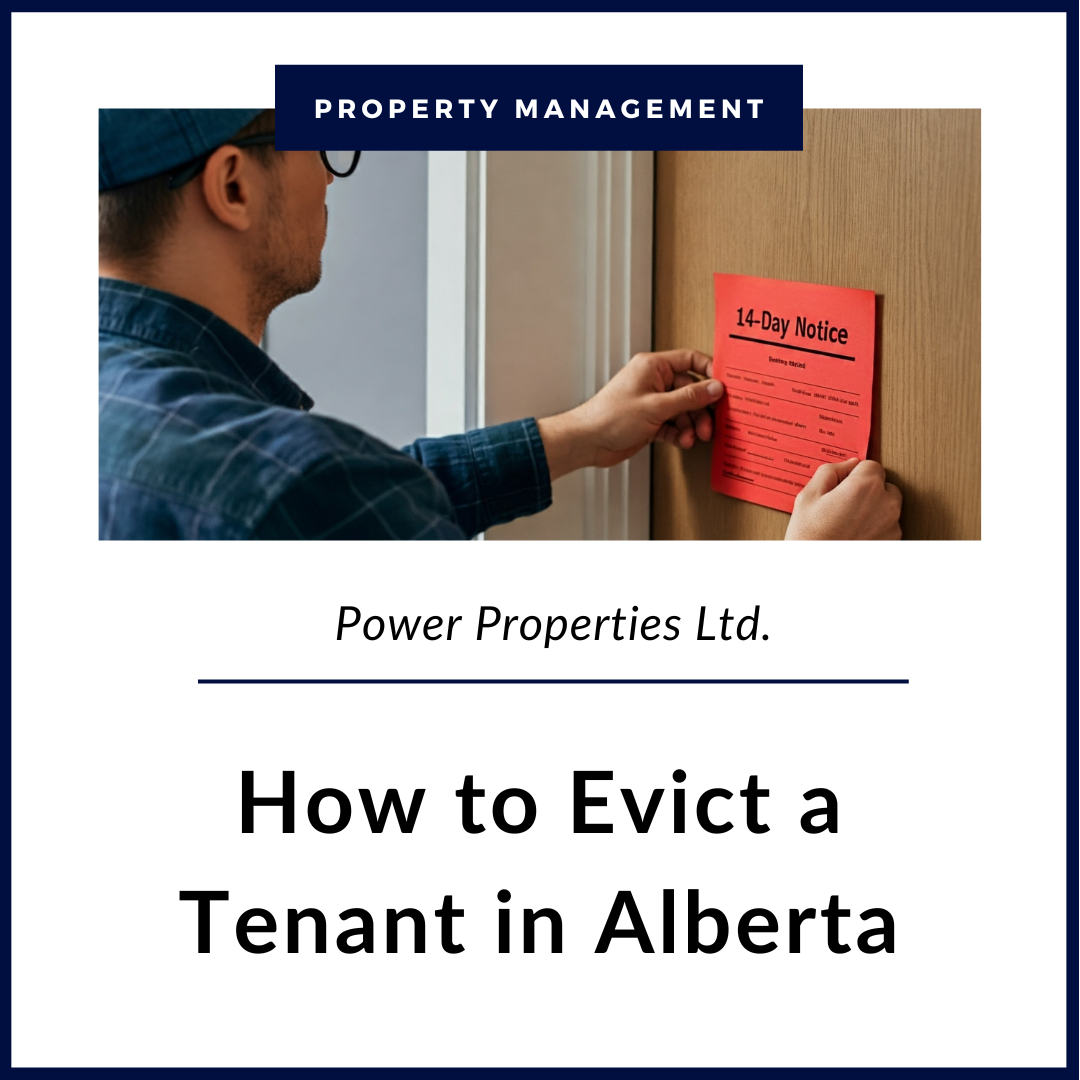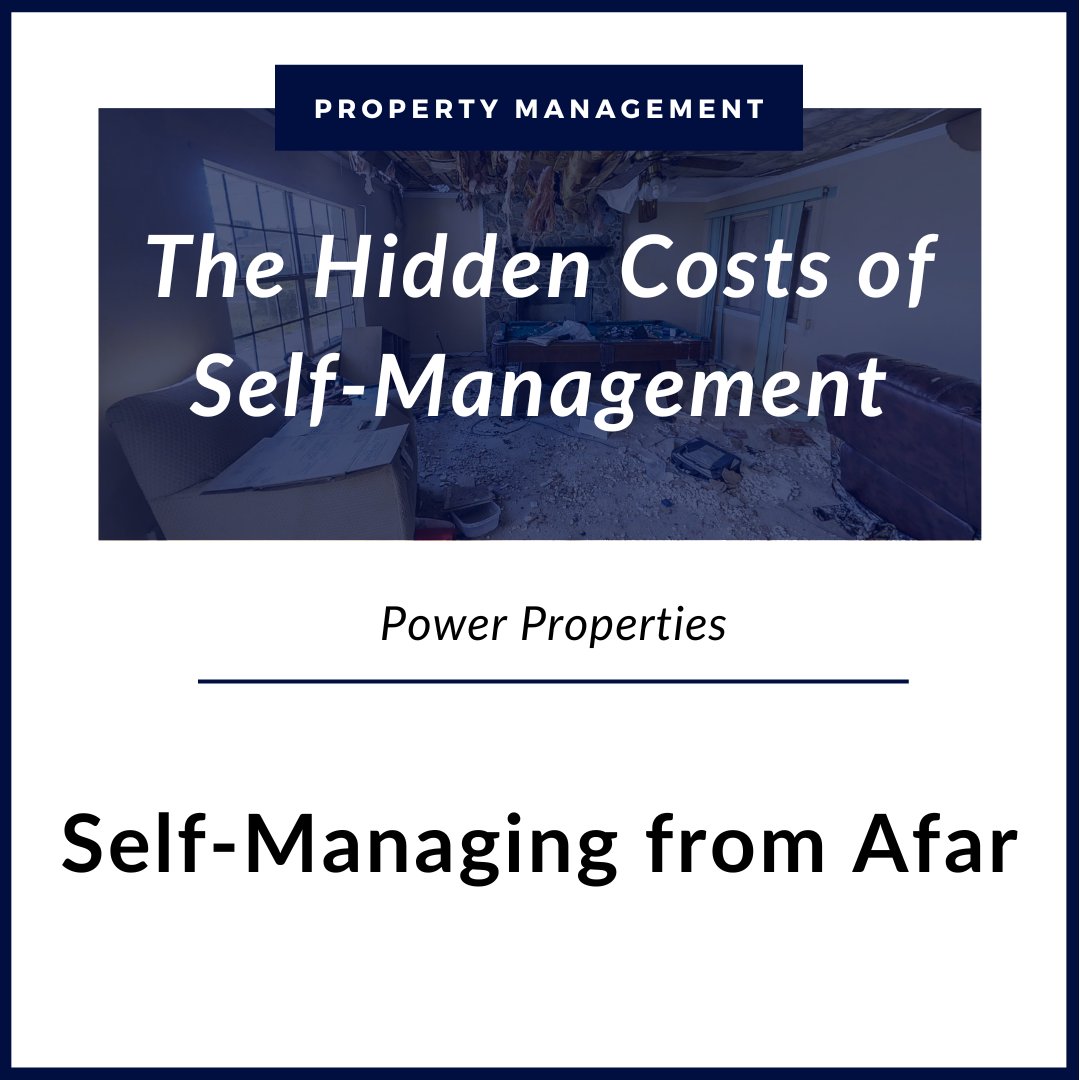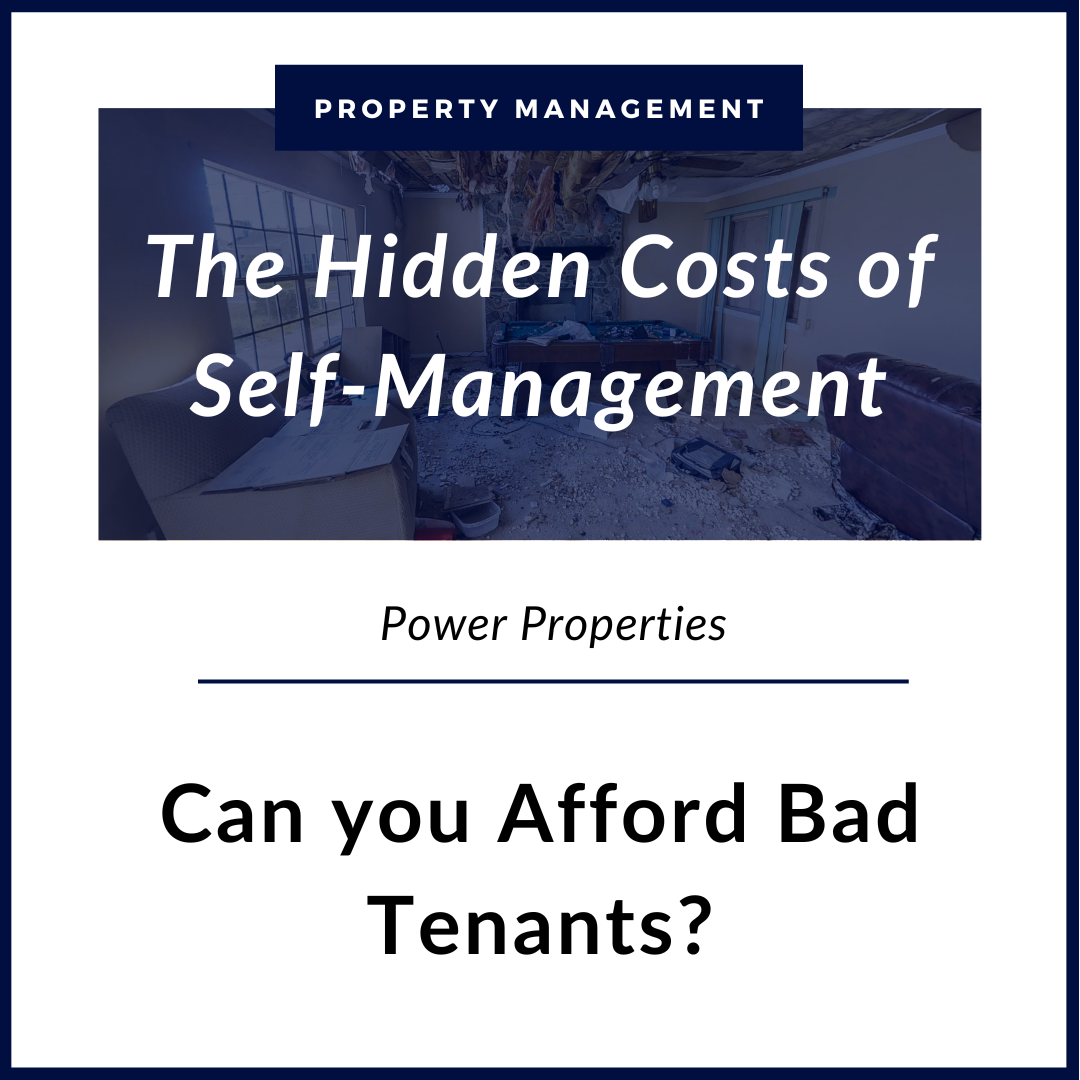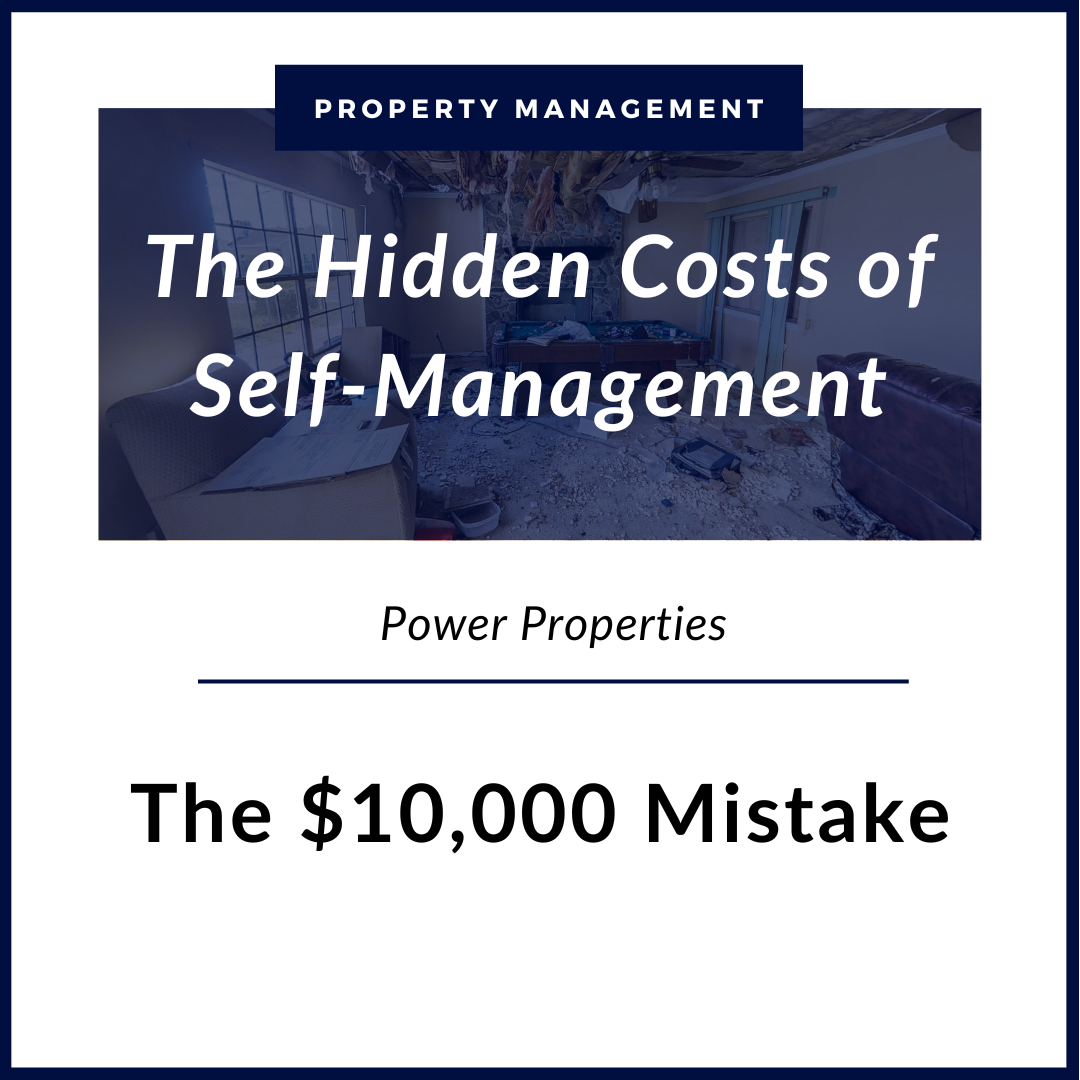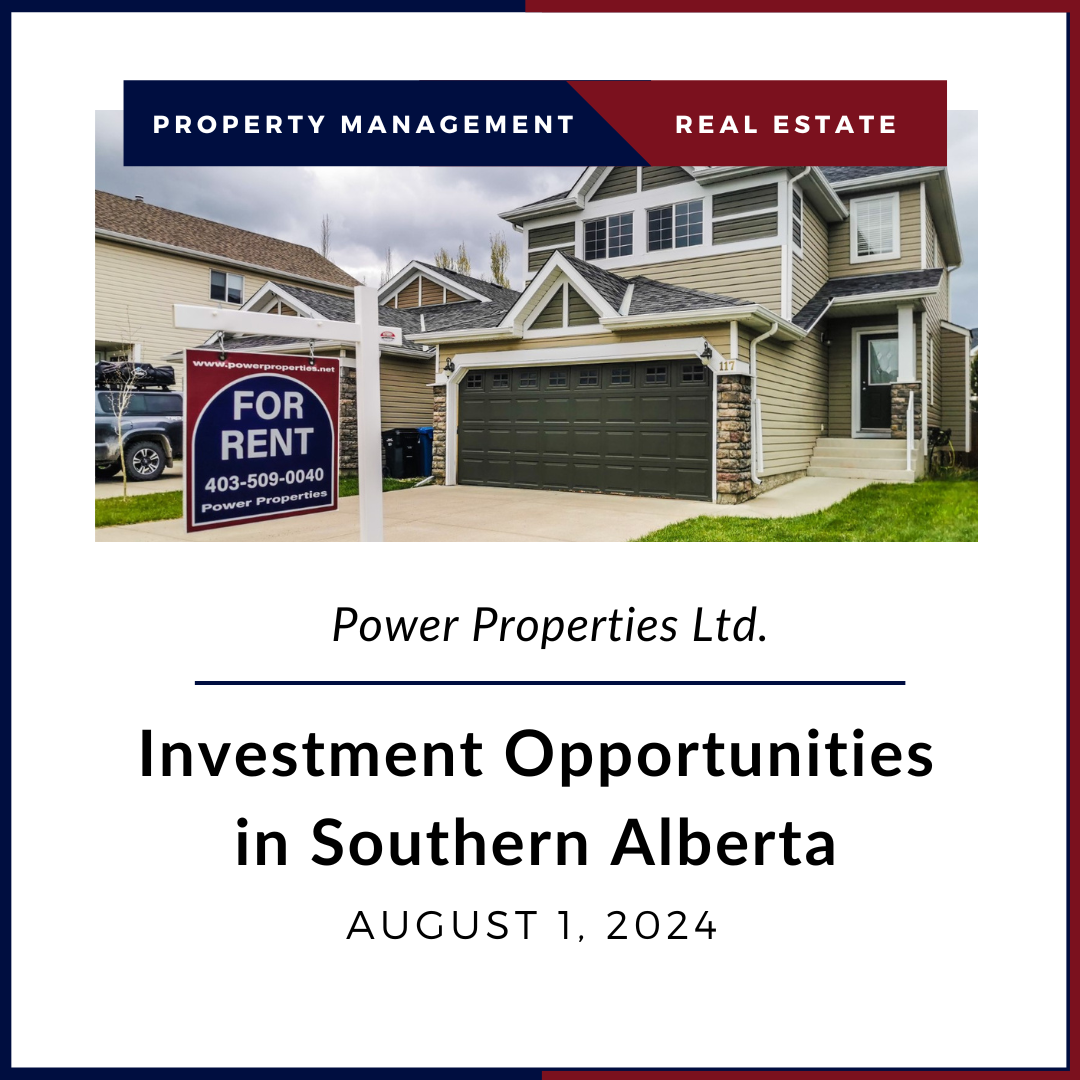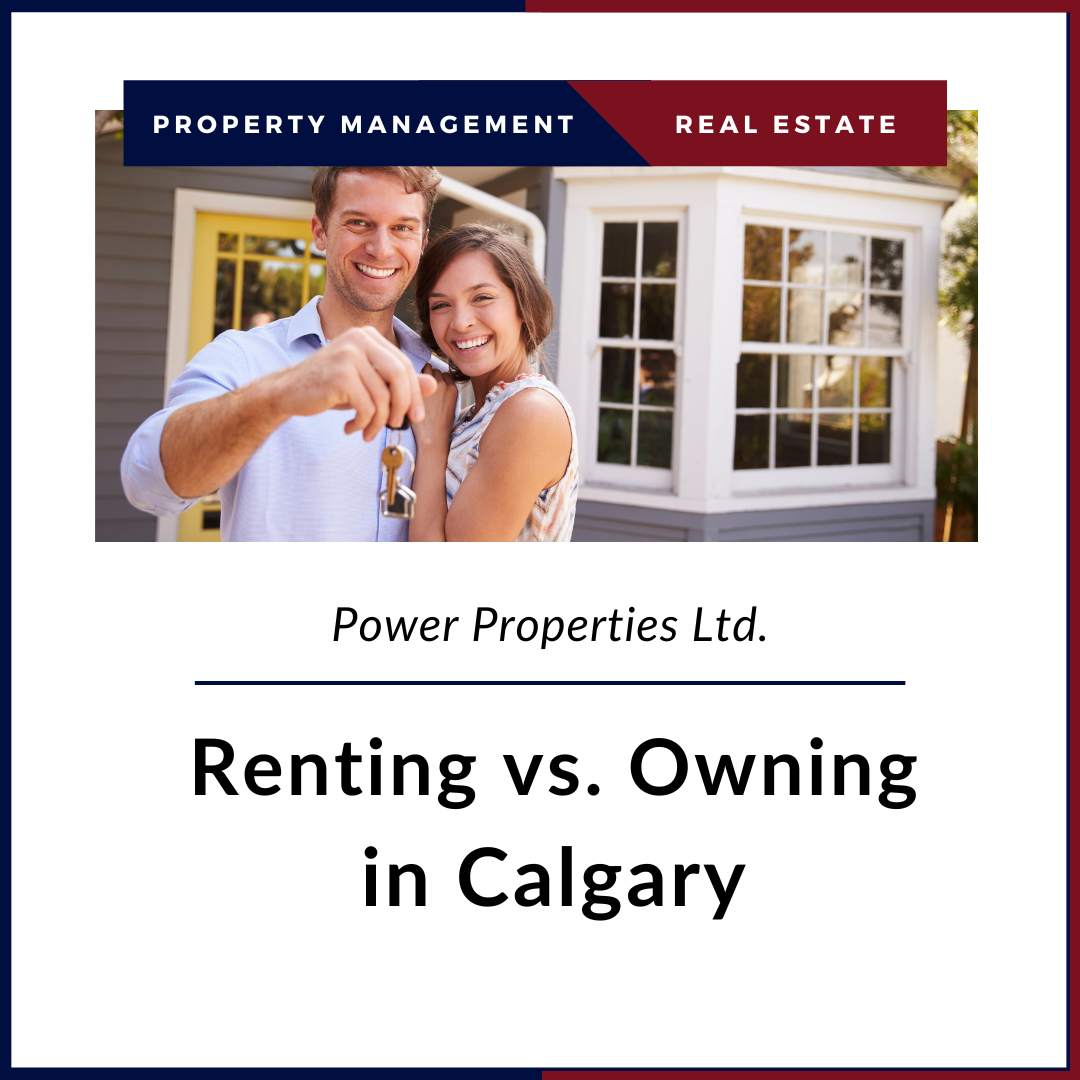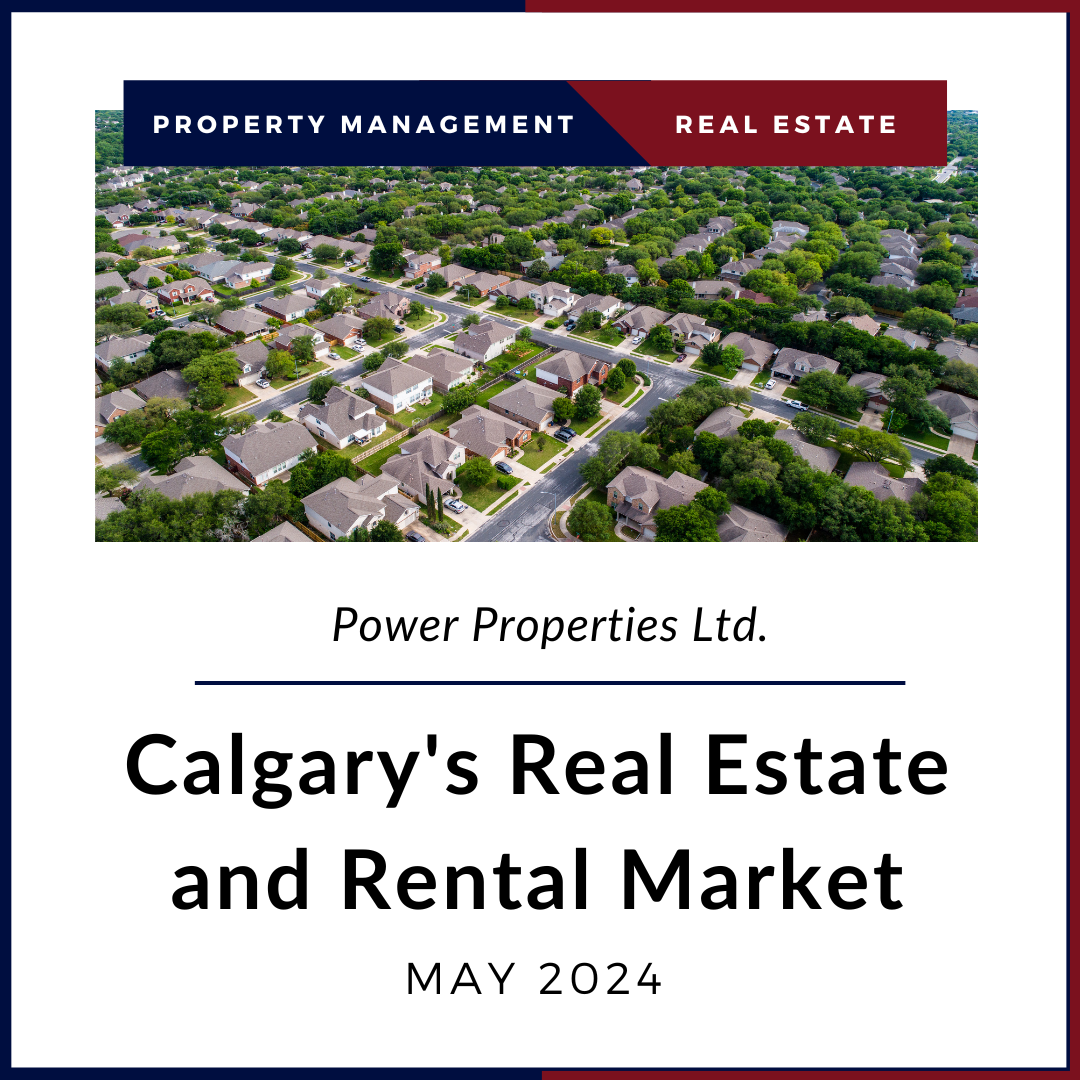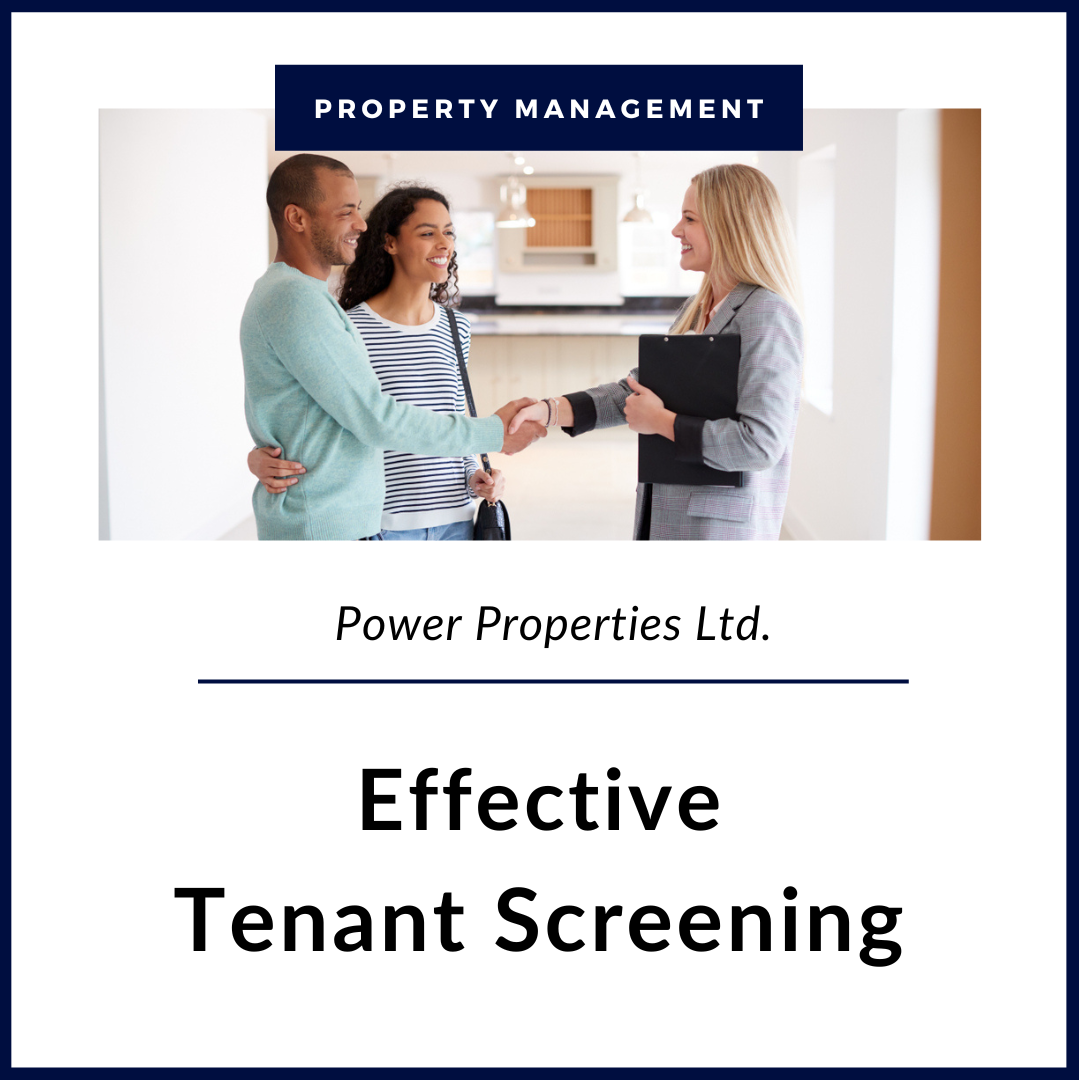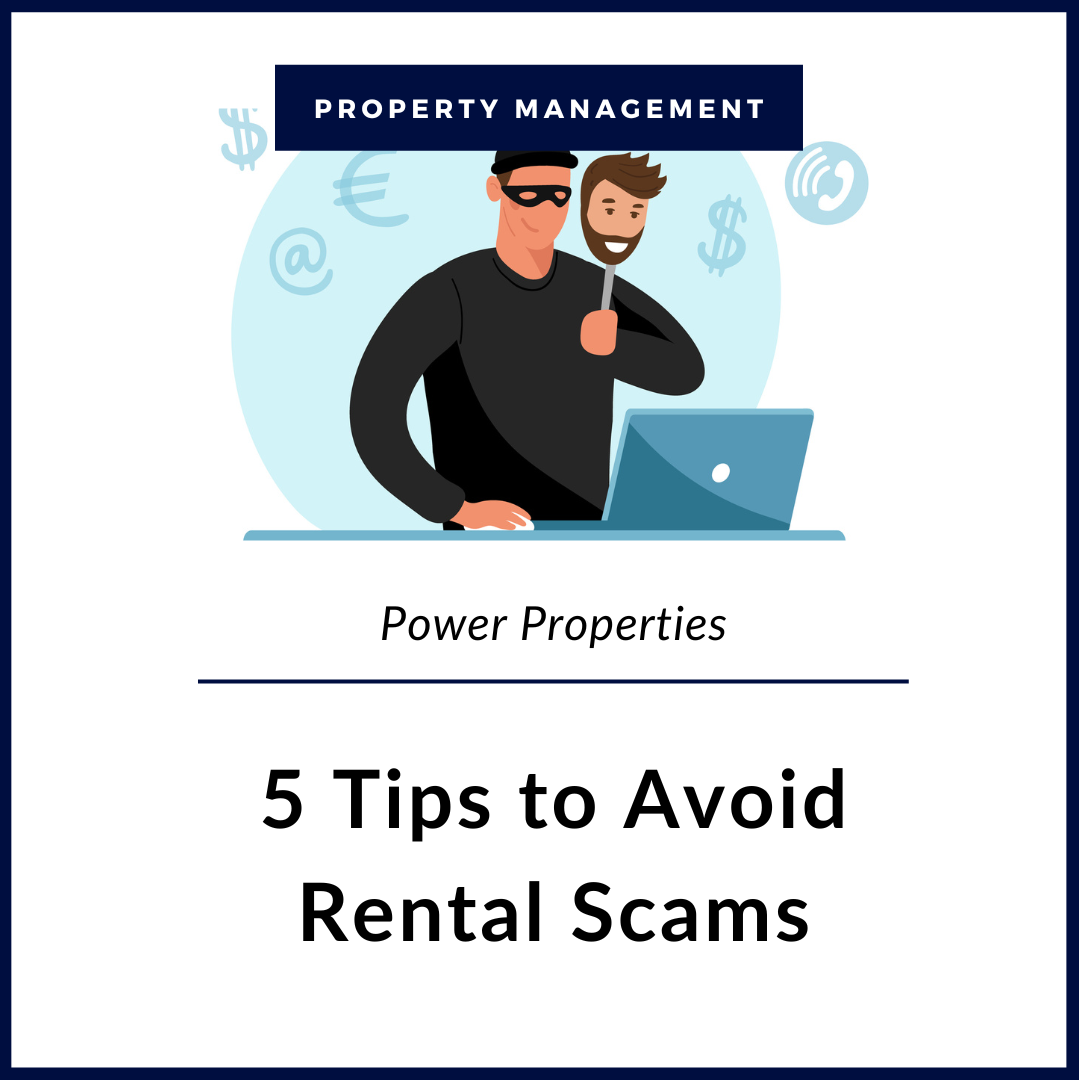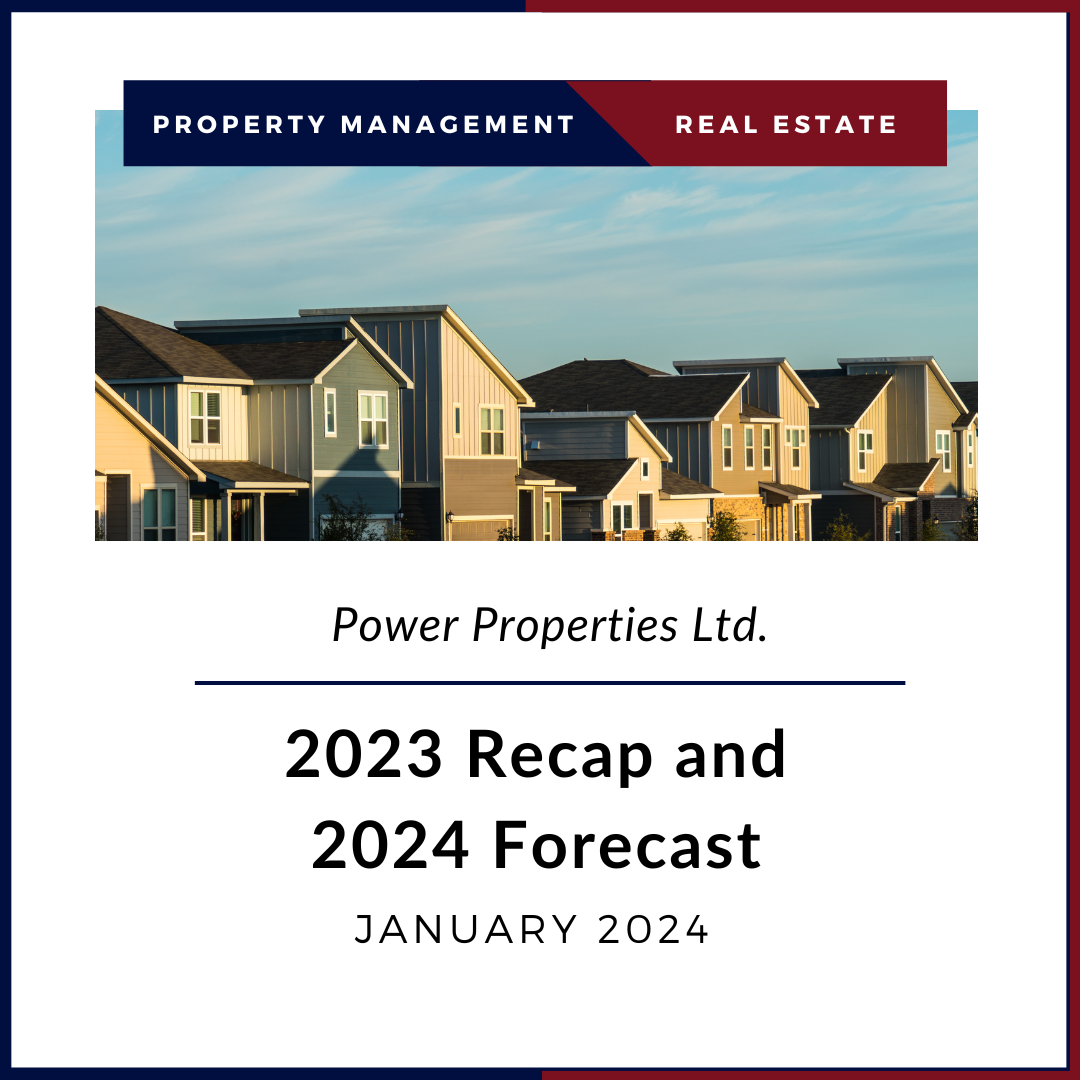Top 5 Mistakes DIY Landlords Make
February 1, 2025 - Written by Jamie Palmer, President & Broker of Power Properties
There are many reasons why you might want to manage your own rental property, like saving money, you have control issues (hey, no judgment, I get it, sometimes it’s hard to give up control), or you figure “How hard can it be, I have lived in a house before?”. However, before you embark on your landlording adventure, we have some tips for you to help improve your odds of not going insane or ending up in front of the Residential Tenancies Dispute Service.
No Background Checks
Every time I hear, “I’m a really good judge of character, I don’t need to check their credit or references,” I think to myself, “Wow, you are willing to bet your house on a hunch! That is crazy!” and I know you are not doing background checks because Power Properties receives very few calls from landlords (management companies or individuals) checking references.
The reality is most tenants are in fact nice people, but the other much darker reality is the bad tenants know how to fake it, and there’s no way to tell them apart from the good ones. That’s why at Power Properties we have a 3-stage screening process to ensure we filter out the bad actors.
Not Completing a Written Move-in/out Condition Report
In Alberta, landlords are required to have a written move-in condition report, including a signed statement by the tenant or their representative. It doesn’t matter how many photos or videos you have of the property, without a signed move-in condition report, you will not be able to deduct anything from the security deposit!
At Power Properties, we use software to create a digital move-in inspection report that embeds photos of the property directly into the report. The move-in report is then directly compared to the move-out report, making it difficult for tenants to dispute the condition of the property, as there are side-by-side photos of each room and any issues or damage.
Not Having a Written Lease Agreement
A written lease agreement protects everyone and creates clarity for both parties as to what is expected of them. This helps avoid misunderstandings and conflict, such as who is responsible for utilities and yard maintenance, and who is authorized to live in the property.
A written lease agreement also can create a fixed-term lease, which means it has a set start date and a set end date. As a landlord, this gives you greater control over your own property. The tenant is expected to move out unless the agreement is renewed/extended. You do not need to provide a reason not to extend or renew the lease. This is in contrast to a month-to-month or periodic tenancy, which requires the landlord to provide specific reasons to end the lease such as the landlord or close family is moving into the property, the property is undergoing substantial renovations, or the property has been sold (not is for sale, but actually sold), and the landlord must provide 90 days' notice for any of these reasons.
An additional mistake is when landlords allow their fixed-term lease to roll over into a month-to-month tenancy by not physically renewing the lease, and allowing the tenants to pay rent and stay beyond the initial lease term.
Unauthorized “Inspections”
You cannot just show up at your rental property for an unannounced inspection! This includes going in the yard or peaking in windows! This is a serious breach of the Residential Tenancies Act. Any inspections or access to the property require 24-hour written notice and must be for one of the specific reasons listed in the Act, including inspecting the condition of the property, showing the property to a prospective tenant (once a tenant has given notice to vacate in a periodic tenancy or in the last month of the tenancy for a fixed term lease), to show the property for sale, for repairs or maintenance, or to confirm if a tenant has abandoned the property. The only exception to this rule is for emergency repairs to prevent damage to the property (roof leak, hot water tank leak, no heat, burst pipe).
Power Properties has a regular inspection schedule to ensure the property is being maintained and to make note of any deferred maintenance that will require attention in the near future.
We typically inspect the property 3-months into the lease to make sure the new tenant doesn’t have any concerns with the property and that they are taking care of the property.
We then inspect the property 9 months into the lease to make a note of any repair items and to assess the property’s condition to establish the lease rate for the new lease term. Then we inspect annually on the 9-month mark with the same tenant. We have found that if a tenant is taking good care of the property and paying their rent on time, we don’t need to harass our tenants with frequent inspections. A leopard doesn’t change the colour of their spots so to speak.
Incorrect Insurance
A rental property needs specific landlord insurance. Make sure to tell your insurance company or insurance broker that you will be renting the property out to ensure you get the correct coverage. A good rental property policy should cover the following: all risks (fire, wind, hail, etc.), rental income loss (if the property can’t be lived in, you still get rent from the insurance company), and a minimum of $2,000,000 in general liability insurance (covers you in case someone is hurt on your property).
Power Properties has a group insurance policy available to all our clients, which includes all risks (fire, flood, wind, hail), tenant vandalism (I’ve never seen another policy cover this), income loss, $5,000,000 in liability insurance, and condo deductible coverage (if the condo corporation has to file a claim and charges you the deductible, it is covered up to $50,000). In short, our policy is extremely comprehensive and is designed to get you the greatest amount of coverage possible.
And Now Golf…
Now that you have read all those tips, I want you to consider something… after reading a book about golf, would you bet your house on a round of golf? Some of you might be saying, “Heck YEAH! I’m great at golf!”, but what about if your opponent was Tiger Woods? Maybe not so keen now? That is the difference between an amateur and a professional landlord. Licensed Property Managers do this all day, every day. That is their area of expertise, so it makes sense they are going to do it better than someone who does it occasionally. When you consider the stakes are literally the value of your house, you may want to take the safe bet and hire a professional property management company.
Written by Jamie Palmer, President & Broker of Power Properties
Jamie Palmer is the President and Broker of Power Properties. He holds a Certified Property Manager (CPM®) designation, the highest designation in Property Management in North America. He earned an Honors degree from the University of Toronto, and he has over two decades of experience in property management.
About Power Properties
Founded in 1980, Power Properties has been providing hassle-free property management services to property owners, property investors and non-residents with homes in Calgary, Lethbridge and Medicine Hat for over four decades. Our full-service property management includes everything from move in to move out, so you don’t have to worry about the day-to-day operations of your rental property. With a team of licensed professionals, years of experience, and award-winning service, you can rest assured that your property is in good hands.
Want to save this information for later? Download a copy of our free eBook on the Top 5 Mistakes DIY Landlords Make




